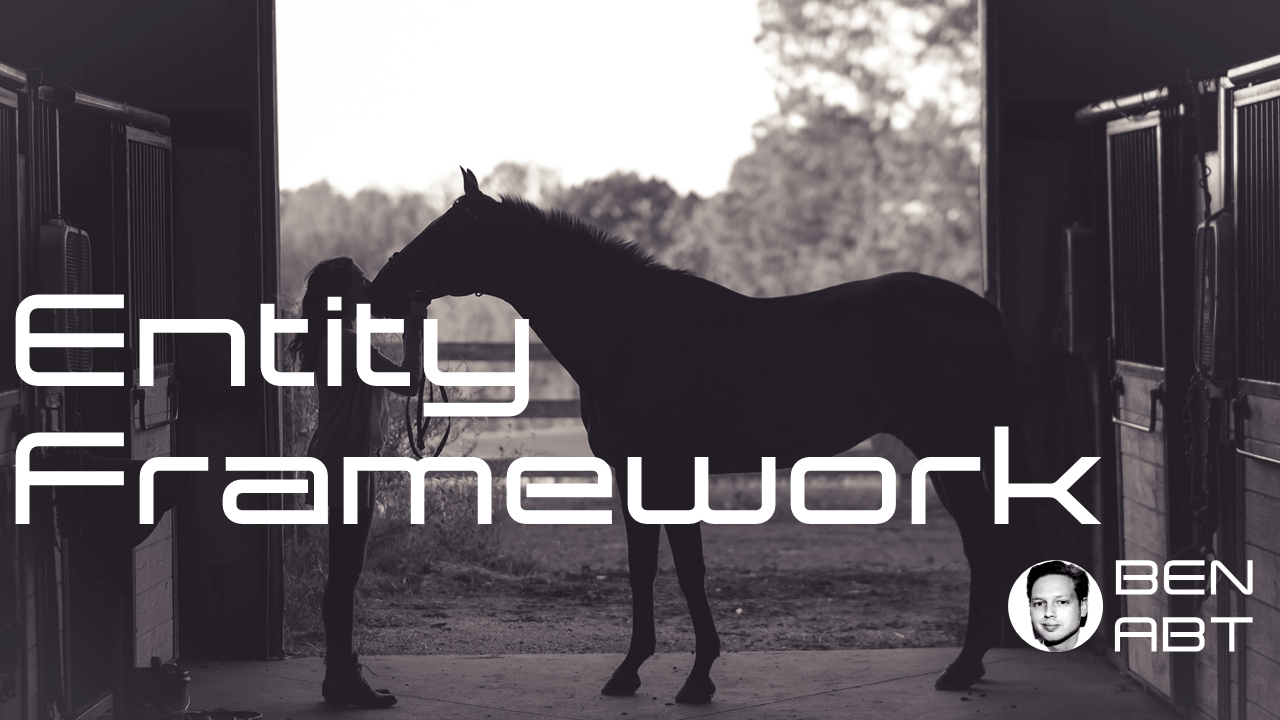Value Converters in EFCore
In the field of software development, data transformation plays a key role in ensuring that information flows seamlessly between different components and systems. When using Entity Framework (EF Core), a powerful object-relational mapping (ORM) framework, developers can take advantage of value converters to simplify the process of converting data types between applications and databases. . This blog post explains the concept of value converters in EF Core, their benefits, and how to effectively use them in your projects.
In EF Core Value Conversions act as a bridge between the .NET types used in your application and the corresponding database types. These allow you to define custom mappings for properties that need to be transformed during database query and update operations. Essentially, value converters provide a way to seamlessly convert data between different representations.
Benefits of Value Converters:
- Seamless data conversion: Value converters allow you to easily convert between data types by encapsulating the conversion logic within your entity configuration. This eliminates the need to manually convert your application code, making your code cleaner and easier to maintain.
- Database agnostic: Value converters allow you to create mappings that are independent of the underlying database. This means you can switch between different database providers without changing your code base, as long as the data types are consistent.
- Flexibility and scalability: EF Core allows you to create custom value converters, giving you the flexibility to perform complex data transformations. You can also define converters for custom types and enums, and apply conditional conversions based on specific scenarios.
Using Value Converters in EF Core:
To effectively use value converters in your EF Core project, follow these steps:
- Define a value converter. First, create a class that implements the ValueConverter or ValueConverter interface, depending on your specific needs. This class handles conversion logic between the application and the database.
- Register a value converter. In the EF Core DbContext, override the OnModelCreating method and use the HasConversion or HasConversion method to register value converters for specific properties.
- Apply value converter. In your entity class, use the Property method to configure the property and the HasConversion method to specify the value converter.
- Tested and improved: Verify that the value converter works as intended by querying and persisting the data using the converted properties. Adjust the conversion logic or data types as needed.
Code Sample:
Consider an example where we have an Order entity with a Status property that needs to be stored as a string in the database, but which is represented by an Enum (OrderStatus) in the application. You can create a value converter to convert between enum and string representations.
public class OrderStatusConverter : ValueConverter<OrderStatus, string>
{
public OrderStatusConverter()
: base(status => status.ToString(), value
=> (OrderStatus)Enum.Parse(typeof(OrderStatus), value)) { }
}
In the OnModelCreating method of your DbContext, register the value converter:
protected override void OnModelCreating(ModelBuilder modelBuilder)
{
modelBuilder.Entity<OrderEntity>()
.Property(o => o.Status)
.HasConversion(new OrderStatusConverter());
}
In the Order entity class, apply the value converter to the Status property:
public class OrderEntity : BaseEntity
{
public int Id { get; set; }
public OrderStatus Status { get; set; }
}
Conclusion:
Entity Framework Core's value converters provide a powerful way to easily convert data between apps. It's not only useful to use it would data transformation, it can also improve your software architecture by using strong types e.g. strong-ids.

